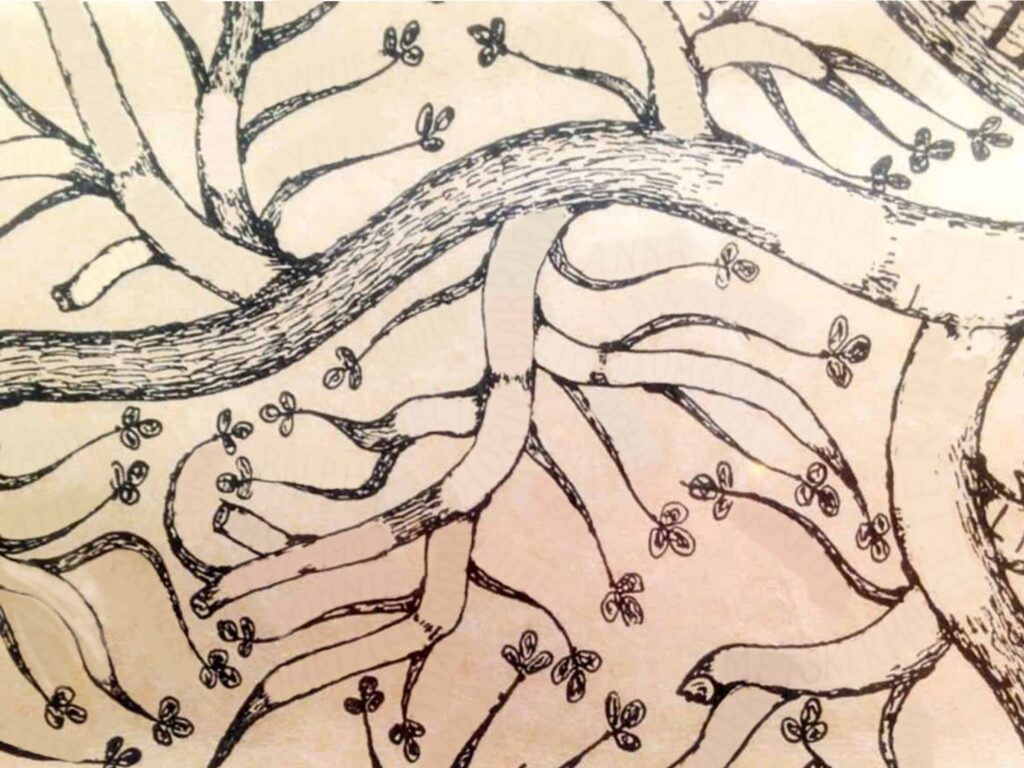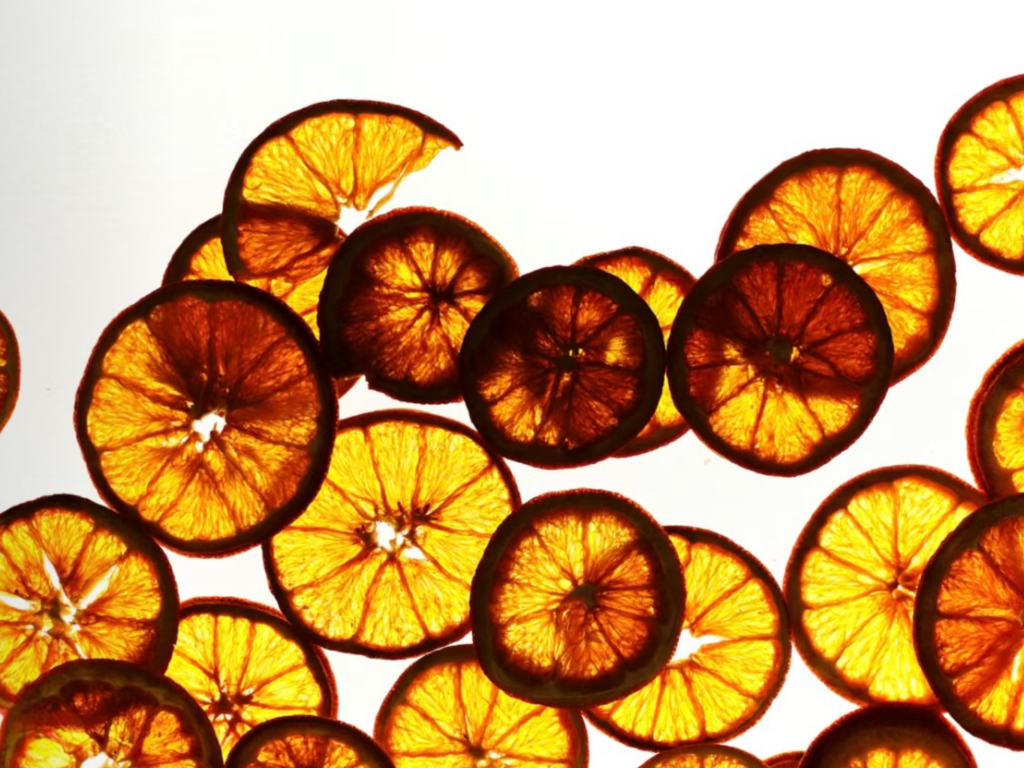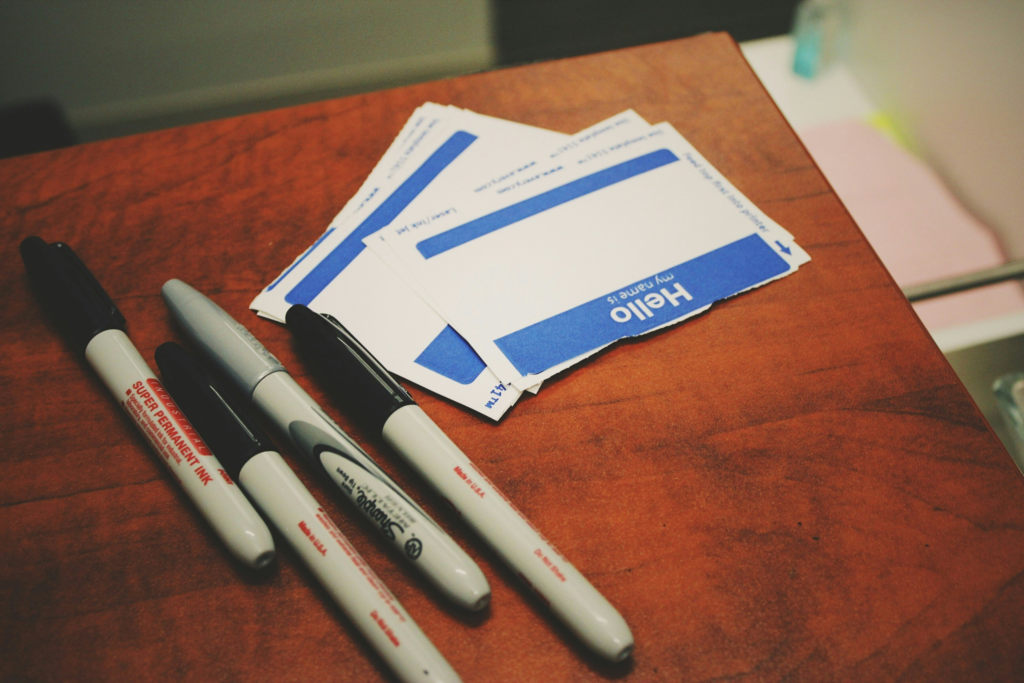Transition

i. Death Knell
They knock the spoons against each other. Clanging first in one ear and then the other. Whispering my name each time.
The sharp, icy pangs steel my insides, thawing only after the ceremony has ended and the fog of silence fades. Clarity racks my zeitgeist. Awakening a haunting sense of the weight of things.
1997
I was snuggled in a corner of my cousin’s bedroom reading contraband. I had discovered it underneath my mother’s sister’s bed. A box full of breathless damsels, their dainty hands clinging onto rock hard chests for dear life, questioning eyes coaxing chiselled jaws slack, silky flowing tresses waving over their shoulders in ways my thick, coily, afro could never.
Each bit of contraband had a tiny white silhouette of a rose on the cover. Stamps of authenticity that set my teenage heart racing as darting eyes kept watch for taunting cousins or worse, disapproving adults.
The bed I sat on was strewn with books—John Grisham, Jeffrey Archer and Danielle Steel—not quite age appropriate, but more respectable. Any inkling of movement outside the door had me scrambling for one of these books to disguise the less salubrious romantic offerings.
I envied my mother’s sister’s freedom. She’d sprawl across her bed, languidly flicking through Mills and Boons, the cover of each novel denoting its potency; cool blue for titillating, feather-light kisses, and red hot for satin-lined, raunchy romps. Every few pages she’d sip from her globule of ruby wine, fingertips barely touching the delicate stem of the glass.
Imagining that the wine was sweet and syrupy, gliding over tingling tastebuds, and sliding down her throat, I swooned, knowing this is how I longed to spend my adulthood.
My mother’s sister was not my aunt, we have no name for an aunt. She was instead, my “small” or “younger” mother, ba mayo mwaiche.
ii. Ancestral Relics
When we are born, we are in limbo. The cutting of the umbilical cord leaves us untethered and, like a tall building in a storm, we need a name to ground us.
Sometimes we are born after another has died, or during a bumper harvest. We could be the first born of our parents or maybe the first girl after a series of boys. Maybe we are born after an extended period of drought and our birth heralds the quenching rain. All of these things, and maybe sometimes none, determine who we will become because these are the things for which we are named.
A name is a belonging but also a protection. An introduction to the ones who came before us and the ones who will come before us.
So, when my father named me, he staked a claim. And when I introduced myself, I was introducing his people.
2013
I was bothering my mother’s father again. Asking him to trace our family history. It was a game we often played, my grandfather and I, him lounging under the thatched insaka in his handmade deck chair, me prodding him for stories.
I enjoyed my grandmother’s stories—scintillating tales of wayward children in enchanted forests—but when I wanted to know something real, I went to my grandfather. I had endured recounting of the efficiency of the British Empire, giggled at the implied cheekiness that led to his given surname and marvelled at tales of elephant hunting World War II soldiers, now I wanted the full family tree.
Infinitely patient and meticulous, my grandfather traced his memory, writing in clear, boxy, cursive. Each root and branch had recurring familiar names. Reincarnations of Mwiche’s, Chungu’s, Chinyanta’s and Kasuba’s, a shallow pool of acceptable titles.
One of the branches shrivelled into oblivion. “The rest of that branch isn’t part of us,” he wrote dismissively, “we only count those born of our women.”
Years later I would find that piece of paper folded up and placed between the pages of my grandfather’s old rat-nibbled copy of Zambia’s first republican president, Kenneth Kaunda’s, autobiographical “Letter to My Children”, and that dried up stump would scratch at me, peeling back layers of understanding.
iii. Re-Naming
A name is a thing that is given to us but can also be taken away or altered. Sometimes we place titles on ourselves but they only become names when we are called.
All re-naming is a form of re-definition; a receiving rather than a replacing.
2017
Ba mayo mwaiche died and we went through all the rites; sing song wailing upon arrival at the funeral house, a steady trickle of relatives arriving as the hours ticked by—bags full of blankets, wallets at the ready—sofas set out in the yard for the menfolk while the women stirred endless pots of food in the back, hearty heartfelt laughter followed by heart-breaking stretches of silence. We set up committees and haggled over matching chitenges at the market—greenish brown for her sisters and purple-black for all her children. Even a burial needs a uniform.
But when the funeral ended and everyone else had gone, the real family business began.
My grandfather lived hours and hours away. Too old to travel, he wrote a letter instead. A set of instructions to govern his dwindling family—my grandmother had died many years before, and ba mayo mwaiche was the fourth of his five children to die. In Western terms, only two of his nuclear family remained, my mother and him.
He set out what should be done in the wake of ba mayo mwaiche’s death, the efficiency of the Empire shining through.
And then he declared that I would take her name.
He said that I would now become my mother’s companion—her sister. I would also be my cousin’s mother. A cousin who was born in the same year that I was, who I’d spent many school holidays teasing and being teased by, an only child who never actually grew up alone because we have no name for cousin, only brothers and sisters.
I would, the letter said, embody the living memory of my aunt. A comforting presence for those who remain. A reason to keep saying her name, to keep her spirit, her unique attributes, from fading into obscurity.
The brothers and sisters who were also mothers and fathers jumped into gear. They were the stalwarts, my grandfather’s conduits. They shoved us children aside and took charge, recalling ritual and substituting tools so that when they needed to tap two pieces of metal against my ears, knocking to open up a portal of understanding, they used spoons. But first, as per instruction, they called my father and asked him for permission to replace the name that he had given me, to declare me one of theirs. My parents had long since gotten divorced so this phone call was wrought with feeling.
Permission granted; I was placed at the centre of the room on a chair that towered above the rest of the gathering who sat, legs stretched, on reed mats that lined the floor. A bowl was set at my feet and the ceremony begun.
Each person there called me by my name. Mulenga. Ba mayo mwaiche’s name, now mine. They extolled Mulenga’s virtues, reminding me who she was and who I had become.
Heart thumping, I steadied myself as one by one they came before me. My mothers, fathers, sisters and brothers and then, barely holding it together as my own mother and then ba mayo mwaiche’s son called me by her name.
With every declaration, memory and reminder, the speaker was compelled to place a token in the bowl, and I was told to buy something that would be reminiscent of Mulenga. So now in my wardrobe hangs a dress of purple chitenge. It’s a baby doll dress designed to incorporate the wrappers we wore at the funeral, fun and flirty, carefree and light against my skin, evoking a romantic Mulenga, one who believed in fairytales and self-indulgence.
I will never know precisely why my grandfather made the decision to re-name me, but I will say that the wondering is part of the becoming. Did he recall our common love of stories and know that I would go on to nurture it? Or did my love of stories and the evolution into writing them emanate from this fusing of our spirits, this hovering haunting presence, not a ghostly presence but a comforting one?
I called my mother while writing this, needing to fit one more piece of the puzzle to the board.
“Who was Mulenga and why was she called that?” I asked, and my mother knew I was asking not about the name but about the lineage.
“I don’t know why Ba Mayo had that name.”
“Your mother?”
“Yes,” she said, “ba mayo was Mulenga but I do not know where the name came from.”
Mulenga, also my grandmother. The one who sat us down under the insaka as children. Rapt attention as the flickering fire lit the night. Regaling us with folktales as my grandfather sat dozing in the corner, startling awake and smiling when we’d burst into giggle or song.


